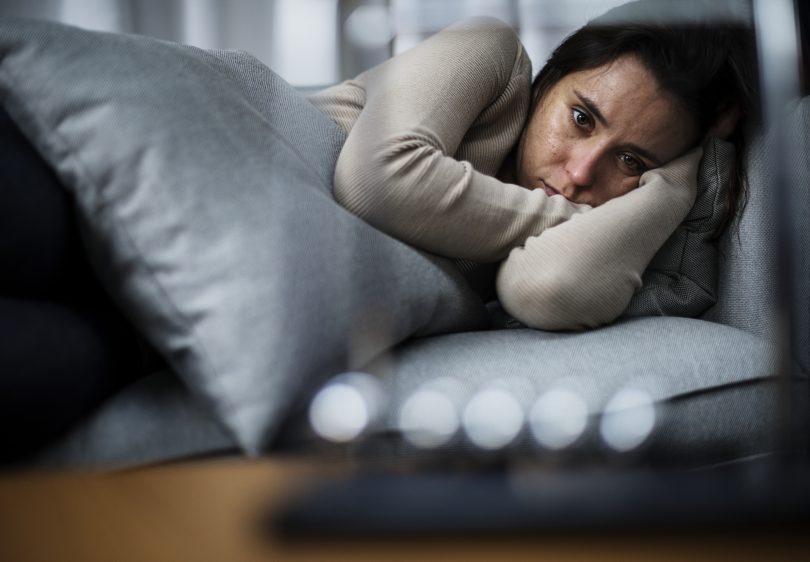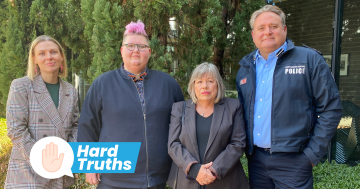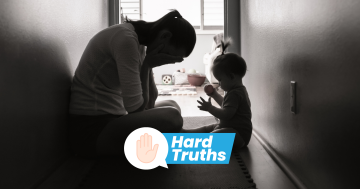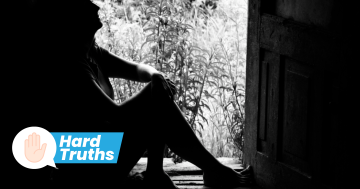
Canberra’s Domestic Violence Crisis Service is offering support and advice to victims of abuse during COVID-19. Photo: Supplied.
During this current period of increased social distancing, isolation and quarantine due to COVID-19, domestic and family violence, both physical and non-physical, is expected to increase in frequency and severity throughout Australia’s communities, including in the ACT.
Sonia Di Mezza, chief executive of the Domestic Violence Crisis Service (DVCS) said looking at what is happening in other countries who are further down the track of COVID-19, she expects Australia will follow similar patterns.
“Our clients are already reporting that due to added stressors such as working from home and parenting between two houses, the violence they are experiencing is happening more often and is becoming more severe,” said Ms Di Mezza.
She said the way clients are reaching out for help has changed during the lockdown.
“More people are contacting us via email and online chat instead of using the telephone. They are doing this because it is safer. If they are at home all day with the violent person, they are finding it more difficult to make a phone call in privacy and safely,” said Ms Di Mezza.
DVCS recognises that not everyone wants to leave an abusive or controlling relationship, especially during this time when people have lost jobs, accommodation is not as accessible, and travel and engaging with family and friends is more challenging.
“When someone is subjected to violence within their family relationships, they often reach out to friends, colleagues and other family members first,” said Ms Di Mezza. “It is vitally important that people in the community know how to provide support.
“If someone discloses to you that they are being subjected to violence, it’s important you believe them, support their decisions and have some information available.”
DVCS has advice available on its website about how to support someone affected by abusive or violent behaviour.
The service has also prepared some helpful tips for people who are living with their violent or controlling partner or family member and have safety concerns.
“These tips aim to help people enhance their safety while at home during social distancing, isolation and quarantine,” said Ms Di Mezza. “There are a variety of ideas, including keeping your phone charged, ensuring you back your car into a garage or driveway, and have a full tank of fuel, as well as storing knives in drawers instead of using knife blocks. There are more than 30 tips on how to increase safety on the DVCS website.”
DVCS is an inclusive service and supports all people in need, including supporting children, young people and adults who are impacted by intimate partner, domestic and family violence. DVCS also provides support to people who use violent and/or controlling behaviours, and those who seek information about how to promote safety within their relationships.
If you are concerned for your safety, are not sure what you are experiencing, or are concerned for someone you care about, contact DVCS for support, crisis intervention, safety planning, referrals and access to a range of other services.
DVCS can be contacted 24/7 on 6280 0900, via email at crisis@dvcs.org.au or via online chat at dvcs.org.au. Clients who call DVCS do not have to provide their name.





















